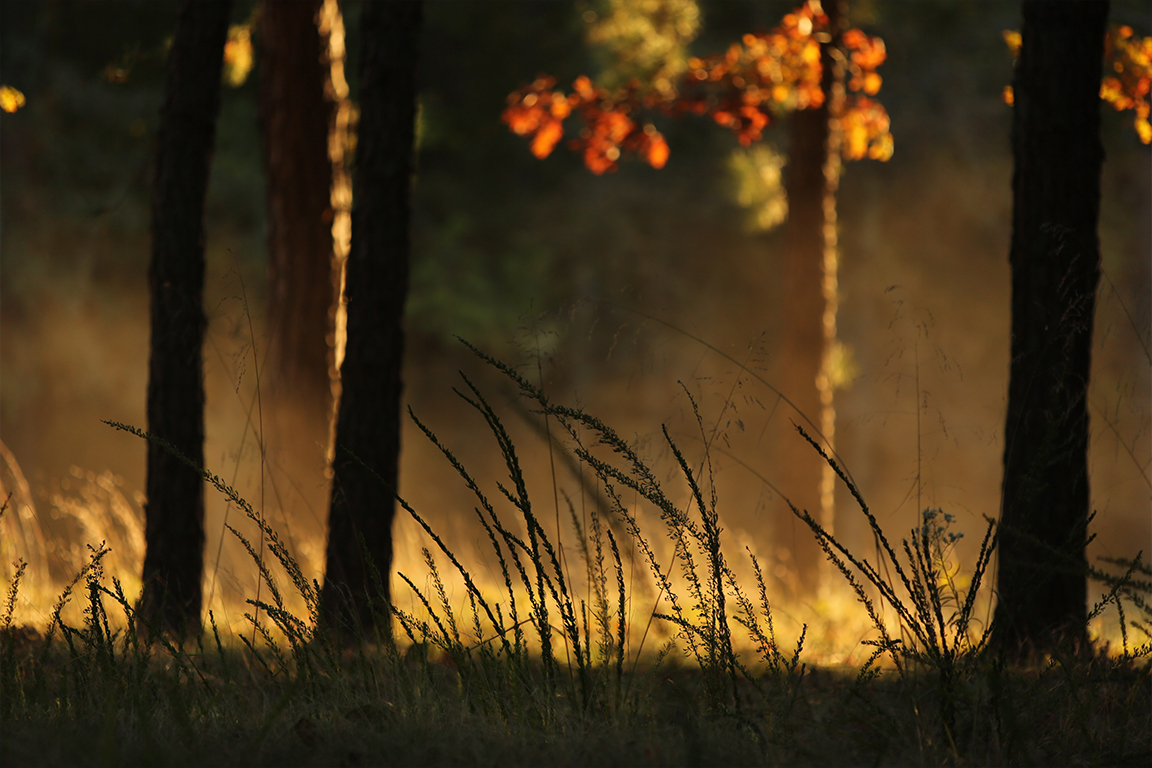Interview with Defending Champion Tommy McDonagh
 ELMSFORD, N.Y. (July 30, 2009) - Tommy McDonagh of Shorehaven Golf Club in Norwalk, Connecticut, is a two-time Met Amateur champion. McDonagh captured the title in 2006 at Baltusrol Golf Club when he was just 17, becoming the youngest winner in the history of the championship.
ELMSFORD, N.Y. (July 30, 2009) - Tommy McDonagh of Shorehaven Golf Club in Norwalk, Connecticut, is a two-time Met Amateur champion. McDonagh captured the title in 2006 at Baltusrol Golf Club when he was just 17, becoming the youngest winner in the history of the championship.
He then won his second Met Am title last year at Friar’s Head, defeating 2008 MGA Player of the Year Joe Saladino in the final. This year the Met Amateur will he held at Hackensack Golf Club, where McDonagh will try for three victories in four years, which would place him in the upper echelon of Met Amateur champions of all time. McDonagh, who just completed his sophomore year at Penn State, spoke with the MGA after completing a practice session at Shorehaven.
MGA: You played well in the North & South Amateur in Pinehurst back in July. How would assess the state of your game as we approach the Met Amateur?
McDonagh: Well, I broke my foot in April at the end of the college season. It took about two months to get my swing back to where I was before, and that’s about the time I was playing in the North & South. I’ve been striking the ball really well, I just haven’t been making the putts that you need to make to shoot those 67s and 68s. So I haven’t been getting as much out of my rounds as I’d like to. But I’ve been working on my putting and chipping non-stop, and working on scoring, so I actually feel like my game is coming around really nicely and I’m psyched to play in the next couple events, including the Met Amateur.
How bad was the break to your foot?
It’s a lot better now! [laughs] It was a freak accident, actually, I was just walking out of my house, and there’s a series of quick steps, and I missed the first one and landed sideways on the second, and I cracked my outside bone. I missed our team’s last four events, which really stunk because those are the big ones, like the Big Ten Championship and the NCAAs. That’s what you work for all year.
Playing mostly stroke play events in college, do you feel you have to adjust your strategy or style of play for an event like the Met Amateur that is primarily match play?
I’d like to think I don’t have to change my strategy, but I do tend to play much better in match play events. One thing I’ve worked on is to control my emotions on the course, and it’s easy to do in match play because when one hole is over, then it’s over and you go on to the next one. Unlike in stroke play, where every shot actually matters.
Would you say you get emotional on the golf course and that’s why match play is such a good fit?
I definitely used to be pretty emotional on the course, but I’ve worked this past year on doing just the opposite and staying level-headed. Even though my scores might not show it as much, I feel like I’ve gotten much more consistent and I don’t let a bogey or other mistake affect me as much as it used to. I don’t make as many double bogeys or do other things to take myself out of golf tournaments. But yes, I guess I am a very passionate golfer, as my coach says about me [laughs]. It’s good and bad, I guess.
What’s the college golf experience been like for you now that you’ve been there two years?
I actually have three years of eligibility left because I redshirted my freshman year. The competition is really tough every week, and it’s like a mini PGA Tour, because if you don’t bring your “A” game to tournaments, someone is going to beat you. I thought I had a pretty decent first year. I just want to keep improving so that by the time I get my last year, I can take my game to the next level of competition.
What was it like growing up in the junior program at Shorehaven, which has produced so many great players like the Courvilles, you and Cameron Wilson?
The biggest thing is that there are never any problems with being a junior golfer and getting access to the golf course or the practice facilities. I never had to worry that I was intruding, and the members are so generous letting me and Cameron and the other juniors work on our games whenever we want. The course is a good test of your iron game and your shotmaking ability. All that contributes, for sure.
You’re going for your third Met Amateur in four years, which is something that not many people have been able to do. What is it about this event that brings out the best in your game?
I’m not really sure. Both times that I won, I came in with fairly low expectations, and that’s when I usually play my best golf. Being fairly late in the season helps too, because I’ve already played most of my summer golf and being able to play in such a good, high-quality event so late in the year is like a bonus. My game is pretty much rounded together for the school season, so it’s been good timing. Also, I definitely play better golf on harder courses, and usually the Met Amateur is on great courses. I’m looking forward to it.
